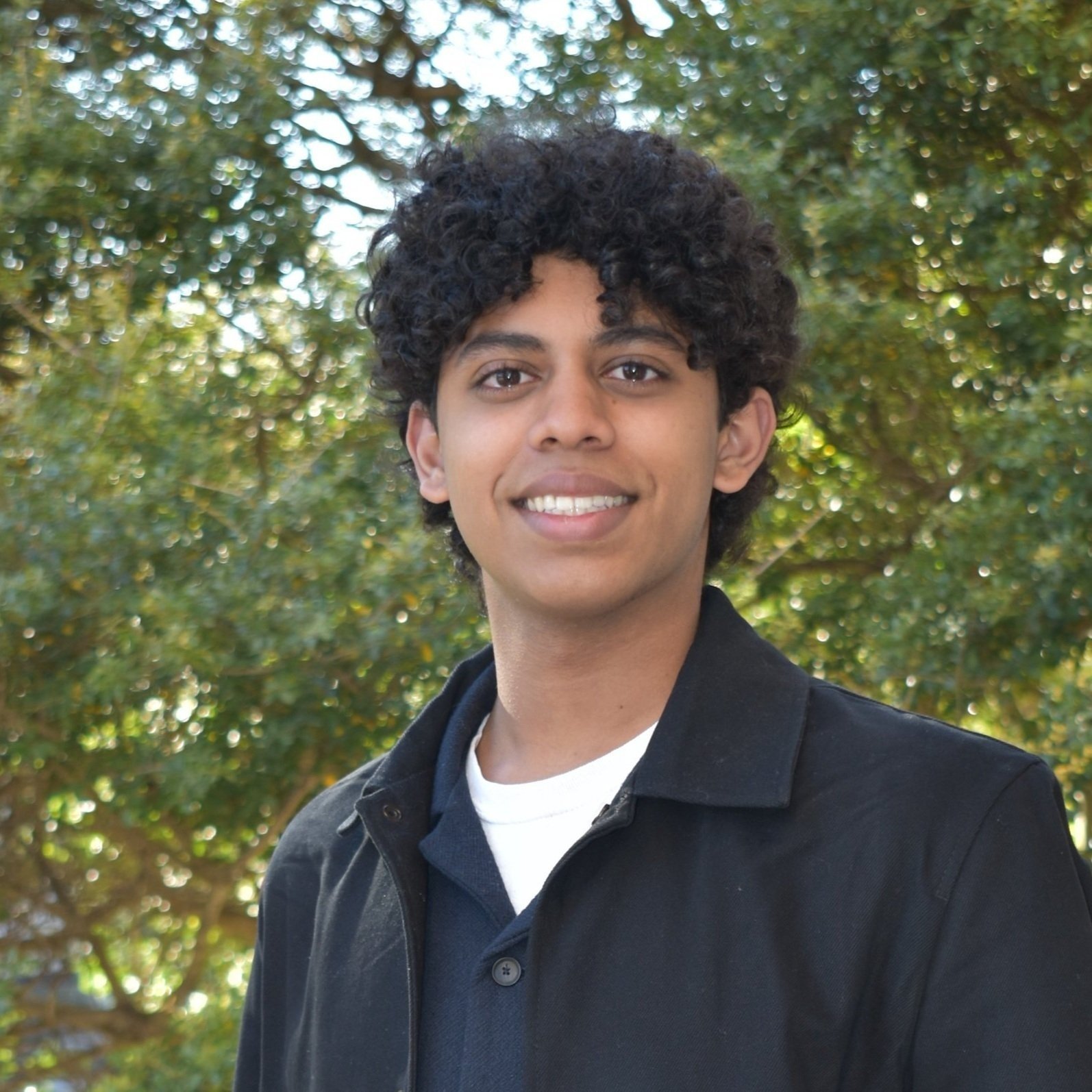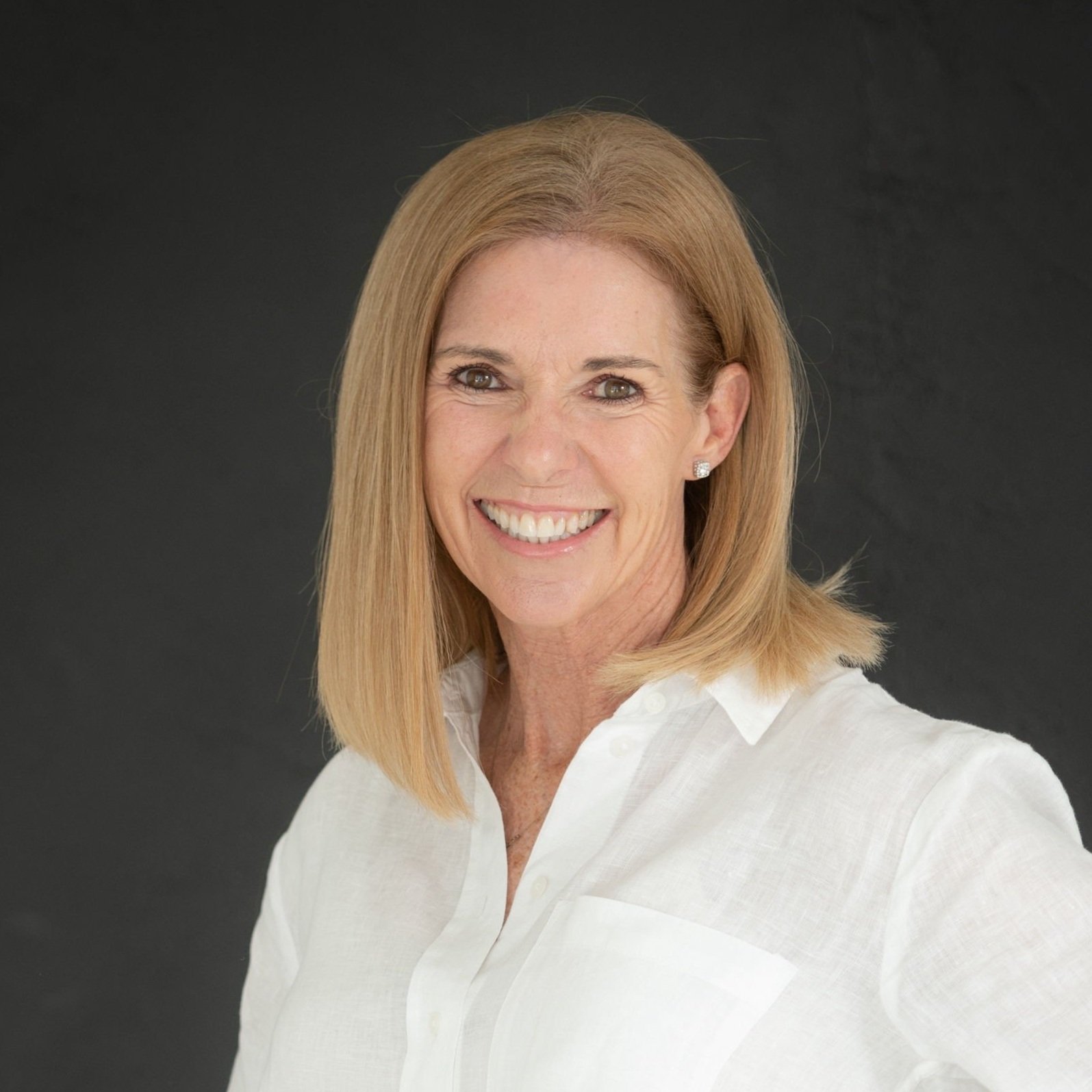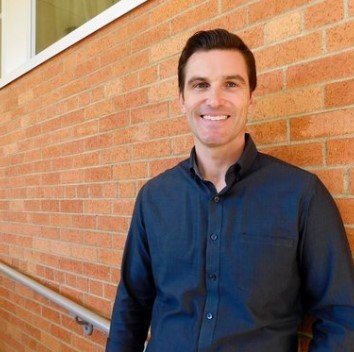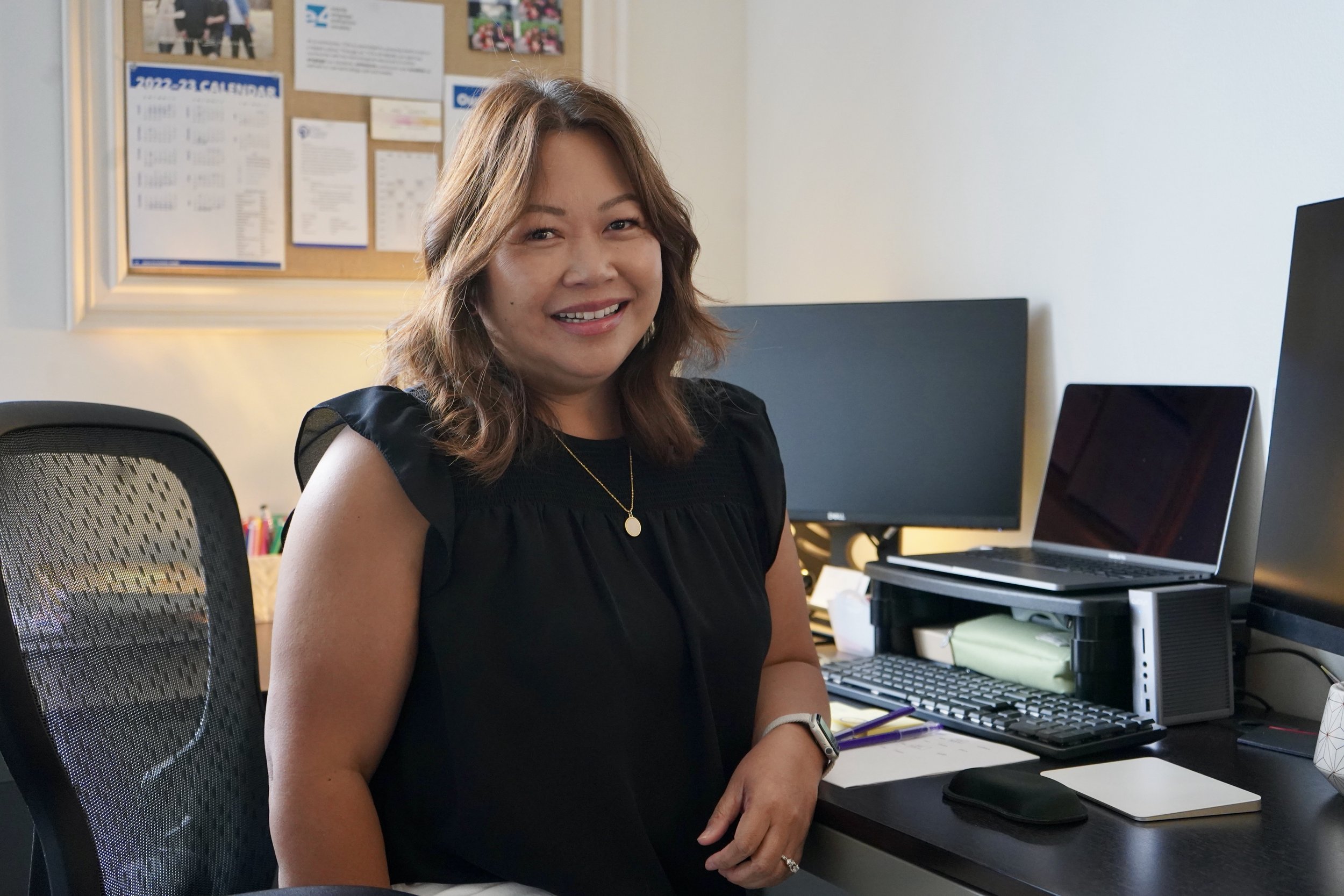Story by Tamal Pilla. Photos by Jan Osborn.
In her work, Kendall Quarterman has identified a single phenomenon of which she calls herself the proudest: “watching the young adults [she] works with behaving more appropriately than everybody else.”
What is this work, exactly? And why does the simple matter of behavioral propriety invoke such pride?
Quarterman is the founder and director of the Segue Center, a program for young adults—aged 18 to 29—who are trying to turn the page to the next chapter of their lives after high school. The differentiating factor of the Center is that these young men and women have wrestled with some form of learning difference, social challenge, anxiety, or attentional difficulty.

“Invisible disabilities,” as Quarterman refers to them. And, on account of their ‘invisible’ nature, these disabilities can be tricky to maneuver in a sometimes-unsympathetic world.
“It’s almost a double-edged sword,” Quarterman said. “If you’re high functioning enough, then when you’re out in the community and do something a bit quirky, people misread it and don’t understand why you’re behaving in a certain way.”

Photo courtesy of Segue Center.
The Segue Center focuses on priming its young adults to face the world and wield this double-edged sword with confidence. But, Quarterman believes that adults with invisible disabilities shouldn’t always have to change to meet the demands of their surroundings.
“Of course, our young adults have to get accustomed to the world,” Quarterman said. “But also, the world has to get accustomed to individuals like we have here at Segue Center, where there’s no signal that says, ‘I might need some help with understanding a joke,’ or something like that.”
In that sense, the responsibility falls again on us—the community—to respect, accommodate and include.
“I do think the community has things to learn just from interacting anyways,” Quarterman said. “Because we should all be treating everyone with respect. It should never be a thing where someone has to wear a badge and say, ‘Hey, I have autism.’”

Photo courtesy of Segue Center.
The subtleties of everyday life that many of us take for granted are the very things that Quarterman realizes her young adults may not have a comprehensive grasp of, though, seeing as they are thrown into the deep end of the proverbial social pool just out of high school.
“You know, going to the grocery store and being aware enough to know that somebody’s giving you a certain look, and not knowing how to process that…” Quarterman said. “I do unfortunately think a lot of our young adults are processing a level of hate to the extent of trauma.”
In high school, this “trauma” could be mitigated by familial support systems and open access to sheltered safe spaces, but it can get tricky afterward. That thought process—of bridging the gap between high school and the “next step”—inspired the Center’s name.
“Oftentimes, they’ve had a lot of support when they were in high school,” Quarterman said. “And, as we all know, it’s hard to bridge that next step when you finish. Segue means a transition. We are here to help make that transition a bit more smooth sailing. We individualize a lot of support based on where our particular young adult is, what their goals are, and…where they’re going.”
At the Segue Center, individual care is important, and each young adult’s individual needs are recognized in a way they may not have been in high school. But, the cohesion and team building that comes from the Center’s group excursions are what make Quarterman’s services stand apart. Community outings, a core pillar of the Segue’s Center’s program, allow real-world exposure but in a somewhat contained social space—in the comfort of being among similar people.
“We go out to a restaurant. We’re not wearing uniforms. We just look normal. We look like a normal group of people coming in,” Quarterman said. “In theory, we should be treated just like any other group coming in. And mostly that’s true, but not always.”

Photo courtesy of Segue Center.
Those occasional instances of discomfort, or even of point-blank disrespect—though uncomfortable—are the precise mechanism by which the Segue Center creates teaching moments for its young adults. In preparation for these moments, Quarterman likes to encourage the Center’s young adults to roleplay.
“I usually get to play the bad guy,” Quarterman said, chuckling. “We can really practice: what would I say? What would you say? How could you navigate that situation? And then we can generalize—meaning you can take it outside of the group and then apply it in our outings and, most importantly, in their lives.”
Along with the Segue Center’s fundamental services, Quarterman offers an array of educational, social and practical activities for young adults, including independent living, executive function, boys’ and girls’ groups, movie/game nights, career development and college accountability.
The Segue Center is an organization dedicated to young adults with learning differences, social challenges, anxiety, or attentional difficulties—linking their high school experiences with the rest of their lives. The Segue Center is a registered 501(c)(3) nonprofit organization, making your donation tax-deductible. To learn more, go to www.seguecenter.org.
Featured
Tamal Pilla is a sophomore at Southern Methodist University, studying History and Business Analytics with minors in Religious Studies and Asian Studies. A Dallas Doing Good neophyte, Tamal has rekindled his high school-era passion for journalism and found DDG a wonderful outlet for his creative pursuits. Away from the office, you can find Tamal cooking, gardening, or reading.
Featured
Featured
Josh Taylor was deployed to the Middle East, flying missions into Iraq, Afghanistan, and Syria, when he realized that many of the people he spoke to were divided. It was 2018, and Josh had already been in the Armed Forces for over ten years, but he wanted to find a cause that could unite the nation. “Flying 65,000 miles and spending 300 hours in a machine gives somebody a moment to think,” Josh says. Eventually, he found his answer– our youth, and alongside them, our educators– have the strength to be the foundation for our country.
When Lisa Wong launched the STEM program at Trinity Christian Academy, her goal and passion was to teach the kids that they can use STEM fields to bless others in the world around them. She views her time as an investment in the future.




